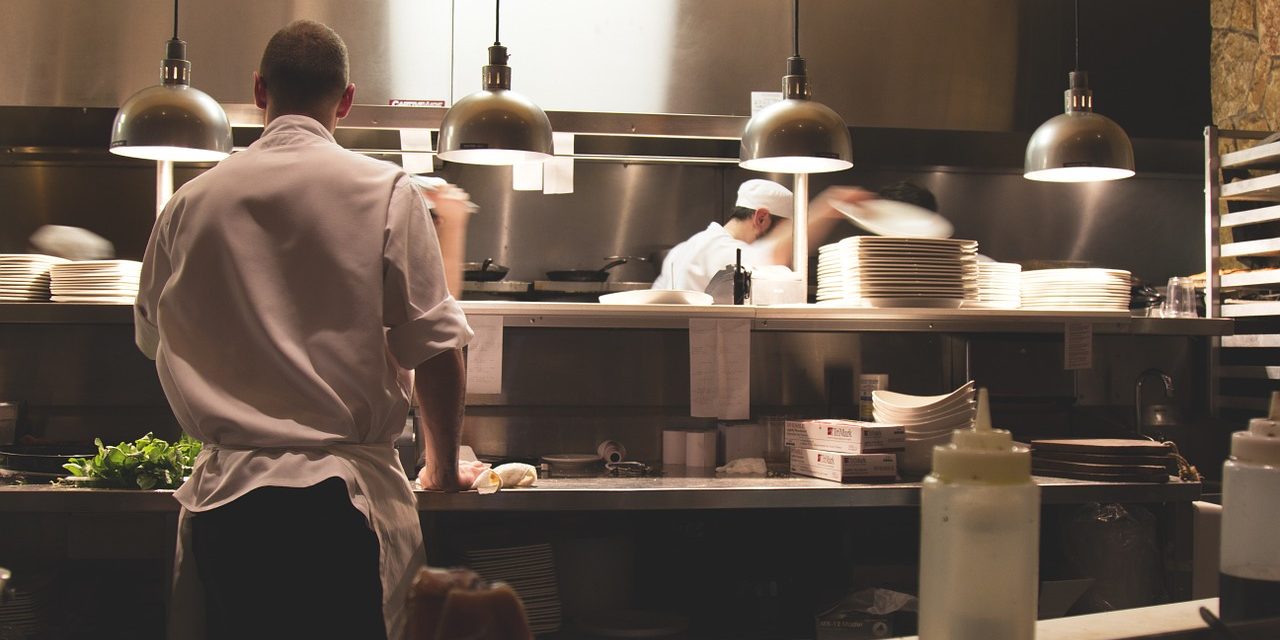Hospitality is vital to both the local and national economy. Restaurants, hotels and entertainment venues are all required in even the smallest of towns. The hospitality industry touches almost every sector and every business, catering to both locals and tourists and contributing billions to the UK economy every year, making it one of the biggest and most important industries in the country.
It’s also an industry which creates jobs and you’ll no doubt find hospitality, tourism and catering courses at most colleges and universities, aimed at helping students stand out in the jobs market.
So, how are colleges and universities helping to prepare people for the hospitality industry?
Here with Newcastle College, we look at how students can become work-ready.
Experts and Employers
Most college hospitality teams are made up of chefs and other experts who have spent years in industry. Not only can they offer their own expertise, but they can bring in guest lecturers from the industry to offer masterclasses in their specialisms.
Guest lecturers have become more important in recent years as they can help enhance the educational experience for a student. Research has found that this helps them build important connections between their on-site learning and the real world, with the guest speaker able to offer a different perspective on the subject.
High Quality Facilities
A classroom environment isn’t ideal to learn practical skills such as cookery, it’s important that students can learn in environments which will prepare them for the world of work.
The latest Newcastle College Ofsted report praised both its partnerships with employers and it’s standard of facilities, both of which help students develop the work-related skills they need whilst learning in an industry environment.
Students benefit from five industry standard kitchens and the College has recently invested £45,000 into a brand-new patisserie kitchen, gaining them Centre of Excellence status for Food and Beverage and Patisserie and Confectionary with Gold accreditation.
Real Work Experience
Vocational education is all aimed at preparing students for employment and getting real work experience is part of that. When T-Levels are introduced next year, work placements will form a mandatory part of every course.
Students will be involved in include takeovers at local hotels and high-profile partnerships can see students organise big events.
A study by UCAS revealed that two-thirds of employers look for graduates who have relevant work experience as this helps them prepare for work life and develop general business awareness.
Unique Opportunities
One of the unique parts of training within a college environment is the chance for students to test out the skills they’ve learned by taking part in competitions against other colleges.
The events are great opportunities and prepares students to work in time-sensitive and pressured environments before going on to work in busy and demanding restaurant kitchens.
Students can often be put forward to take part in both regional and national competitions to help them showcase their talents.
With the hospitality industry continuing to grow and the jobs market more competitive than ever, hospitality education is at the top of its game. If you’re thinking of getting into the hospitality trade, look up courses at your local college for experiences which will prepare you for a demanding career and help you stand out from the crowd.


















